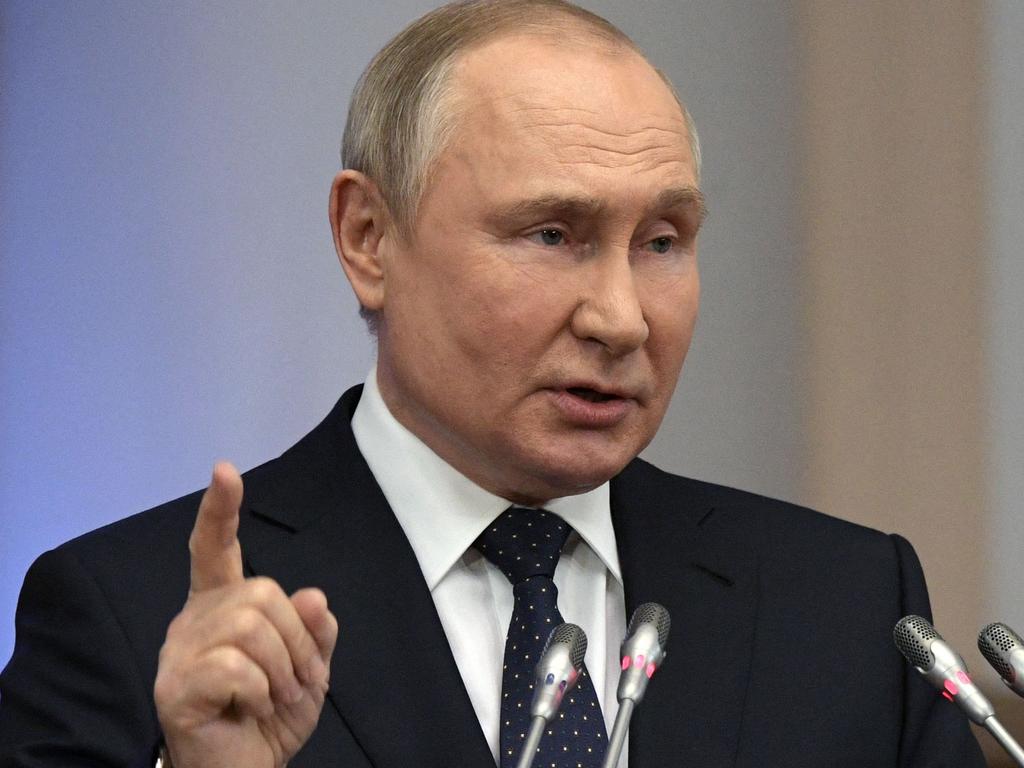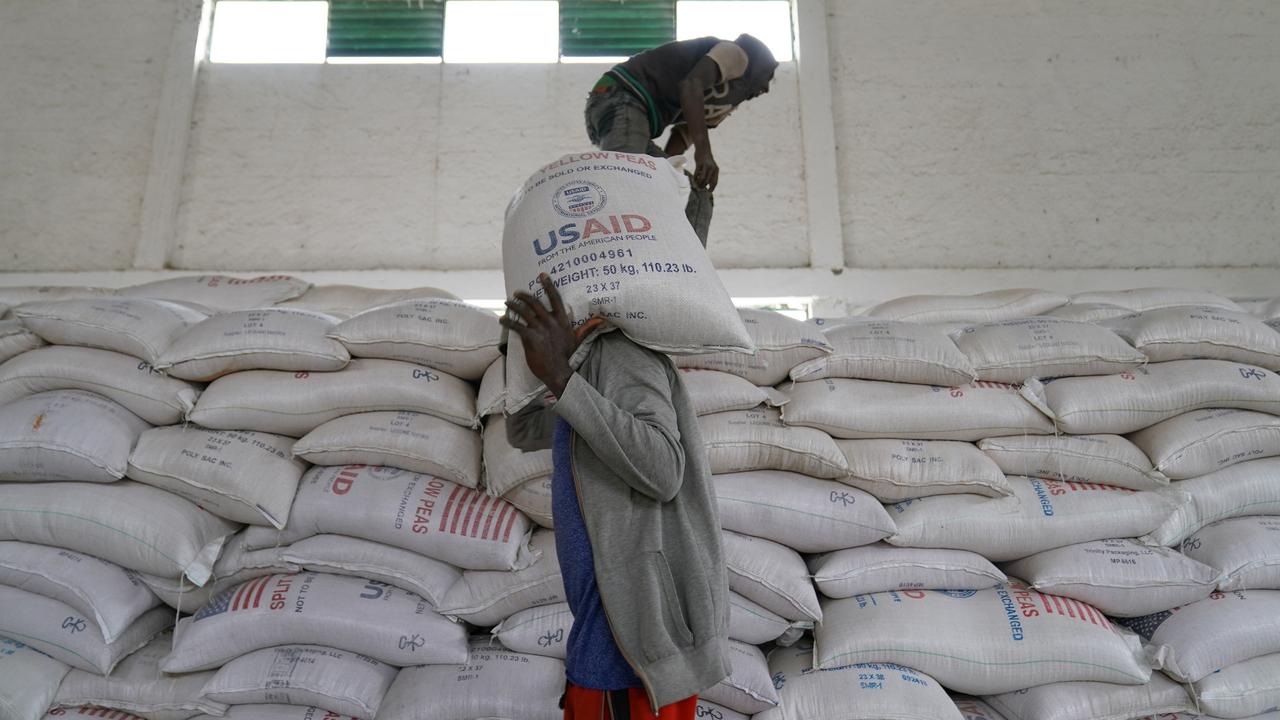Ukraine war: How does Russia lose? Vladimir Putin may tell us on Victory Day
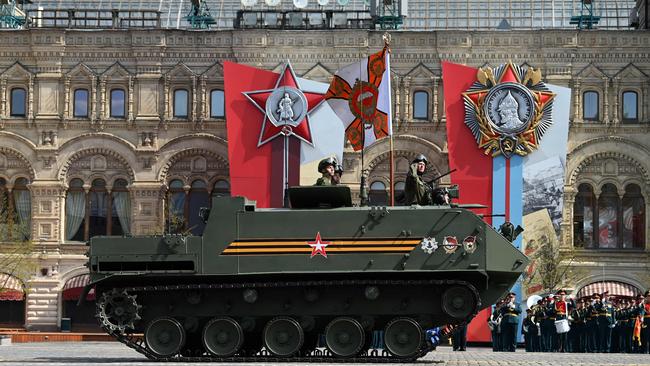
Only one of Vladimir Putin’s bets is paying off: His oil and gas revenues are still intact and even benefiting from higher prices.
His most characteristic miscalculation, after witnessing Ukrainians mobilising by the hundreds of thousands in 2004 and again in 2013-14 to protect their country against political dominance by Russia, was to believe they wouldn’t defend it militarily. He told himself these earlier demonstrations weren’t real, they were foreign-organised and -financed, just as he tells himself the same about protests in Russia.
It’s worth pausing to note how thoroughly nothing is turning out the way he planned. Tens of thousands of dead, whole cities reduced to rubble, horrific war crimes, the Russian economy in tatters, now a burgeoning series of direct attacks by Ukraine air power on Russian soil. Thousands of military-age Russians are reported to be fleeing the country to avoid becoming fodder in his military debacle.
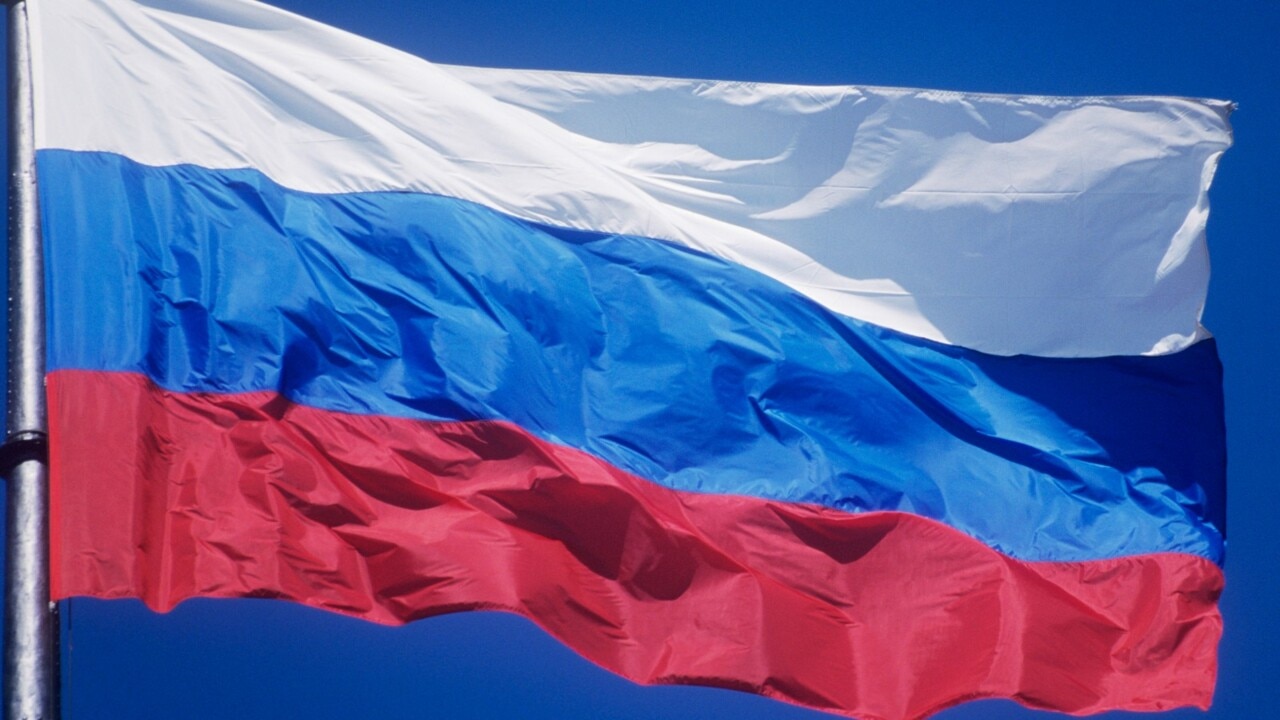
Listen to the statements or tweets of his most Western-facing servants, Foreign Minister Sergei Lavrov and all-purpose lapdog Dmitri Medvedev. They don’t bother suggesting the war isn’t a disaster for Russia, only that it can become a disaster for the West too.
Jack Watling and Nick Reynolds, authors of an analysis published by the UK’s Royal United Services Institute, share an intuition of this column: In mid-March, Mr. Putin passed up an opportunity to cut his losses. “Instead, the decision was made to not only continue with the narrative of a struggle against Nazism in Ukraine, but to expand the scope of ambition to one of systems confrontation” — i.e., between Russia and NATO, which Mr. Putin, in a fact that is perhaps not widely appreciated, has always acknowledged to his people greatly outclasses Russia in conventional military power.
Whatever Mr. Putin has in mind, his annual Victory Day speech on Monday, marking the collapse of the Hitler regime in 1945, is expected by military analysts to frame what comes next. Meanwhile, commentary in the U.S. seems to accept as inviolable President Biden’s pledge that U.S. troops will not become directly engaged. Are we still quite sure about this?
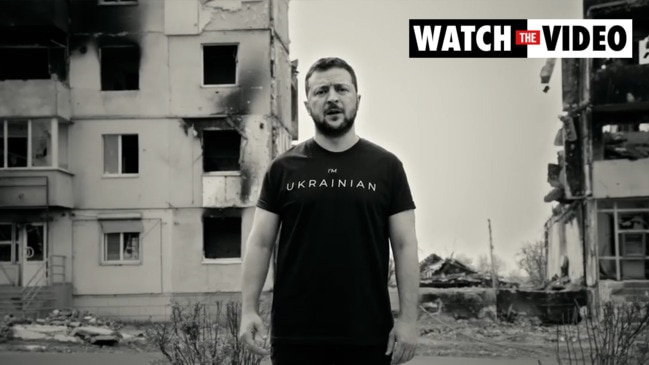
Ukrainian President Volodymyr Zelensky has made no bones about it: He is eager for NATO intervention. What’s more, he currently faces military-cum-political choices — about whether to trade ground or risk his troops on the attack — that can’t help but be influenced by a suspicion that the Biden administration no longer is willing to let Ukraine fail.
Likewise the Russian side, which has become disabused of easy victory and recognises the degree of NATO commitment, has felt the ground shifting. To return to a theme, it becomes increasingly conceivable Mr. Putin would prefer being stopped by the Western alliance, with its acknowledged superiority in conventional air power, rather than by Ukraine, which would only dramatise the hollowness, corruption and lack of motivation of the Russian army and paint an unacceptable contrast between the two regimes.
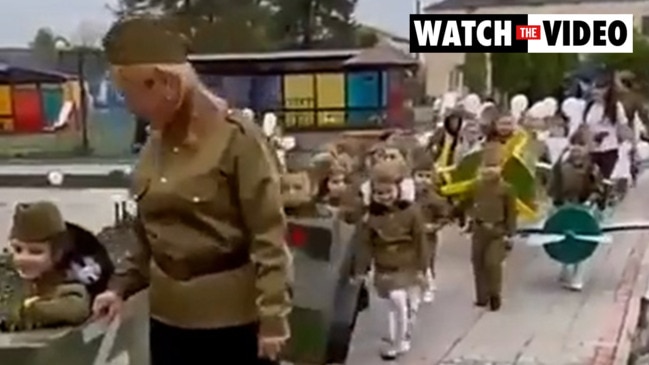
Hold on to your hat. If Mr. Putin wants to draw NATO into the war, he knows how to do it. Chief of the General Staff Valery Gerasimov, one of the war’s three authors along with Mr. Putin and Defence Minister Sergei Shoigu, made an unusual visit to the front lines last week. Presumably he went to see for himself the state of his army. What conclusions did he draw, especially about its ability to hold territory against a Ukrainian counteroffensive in coming months fortified by a large influx of Western equipment?
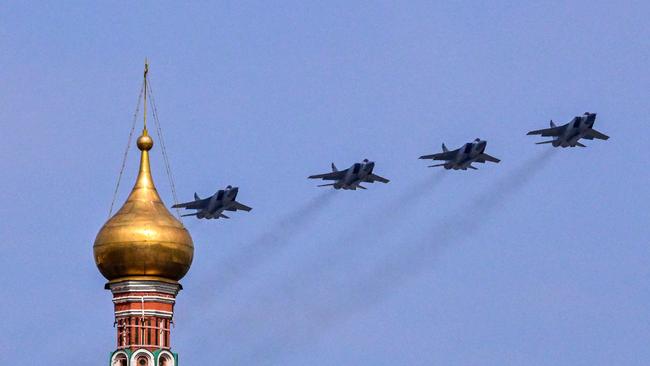
Which brings us to Joe Biden. He has conducted his presidency, at least by one interpretation, as if he meant what he said early on: a transitional figure.
He chose to cater to the left. It didn’t make him popular but didn’t enfeeble him by provoking a civil war in his own party. He wanted out of Afghanistan and didn’t care what the exit looked like.
In a podcast with the Journal’s Gerard Baker, former CIA chief and Secretary of State Mike Pompeo allowed the possibility Ukraine could yet fail and “we’ll live in that world.” This isn’t the worst of the possible outcomes (nuclear war would be). But in the past few weeks, presumably based on the best military advice, with solid intelligence and who-knows-what communication with elements of the Putin regime, Mr. Biden has put U.S. chips on forcing Russia to swallow something that resembles defeat rather than the simple stalemate Mr. Putin is likely now going for. Anything that looks more like a failure by Ukraine will also look like a failure by the U.S.
The Wall St Journal


